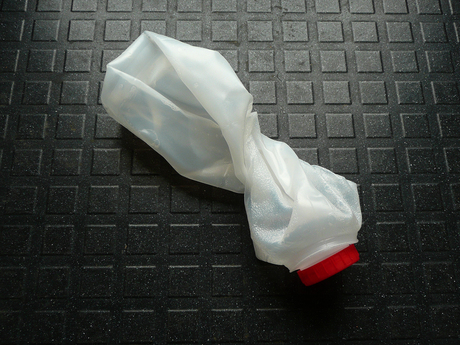Egg whites plus plastic equal antibacterial bioplastics

Protein sources like albumin and whey could be used to create bioplastics with antibacterial properties, a University of Georgia study has shown. The antibacterial bioplastics could be used for food packaging as well as medical applications such as wound-healing dressings, sutures and catheter tubes.
Researchers from the university’s College of Family and Consumer Sciences tested albumin, whey and soy proteins - three non-traditional bioplastic materials - as alternatives to conventional petroleum-based plastics.
When combined with a traditional plasticiser such as glycerol, albumin in particular demonstrated excellent antibacterial properties.
“It was found that it had complete inhibition, as in no bacteria would grow on the plastic once applied,” said Alex Jones, a doctoral student in the department of textiles, merchandising and interiors. “The bacteria wouldn’t be able to live on it.”
The researchers aim to reduce the amount of petroleum in plastic production and to produce a fully biodegradable plastic. The albumin-glycerol bioplastic does both, Jones said.
“If you put it in a landfill, this being pure protein, it will break down,” he said. “If you put it in soil for a month - at most two months - these plastics will disappear.”
The researchers’ next step is to further analyse the albumin-based bioplastic’s potential for use in the food packaging and biomedical fields.
The study was published in the online version of the Journal of Applied Polymer Science.
Turning oats into more than milk: ingredient innovation project
A Danish partnership that unites food scientists, producers and manufacturers is exploring oat...
GLP-1 weight loss drugs' effect on food and drink choices
A recent US study found that weight loss drugs lead to new food and drink consumption patterns,...
Don't force the process: making foie gras more ethical
Researchers are exploring more ethical ways to replicate the indulgent taste of foie gras without...














